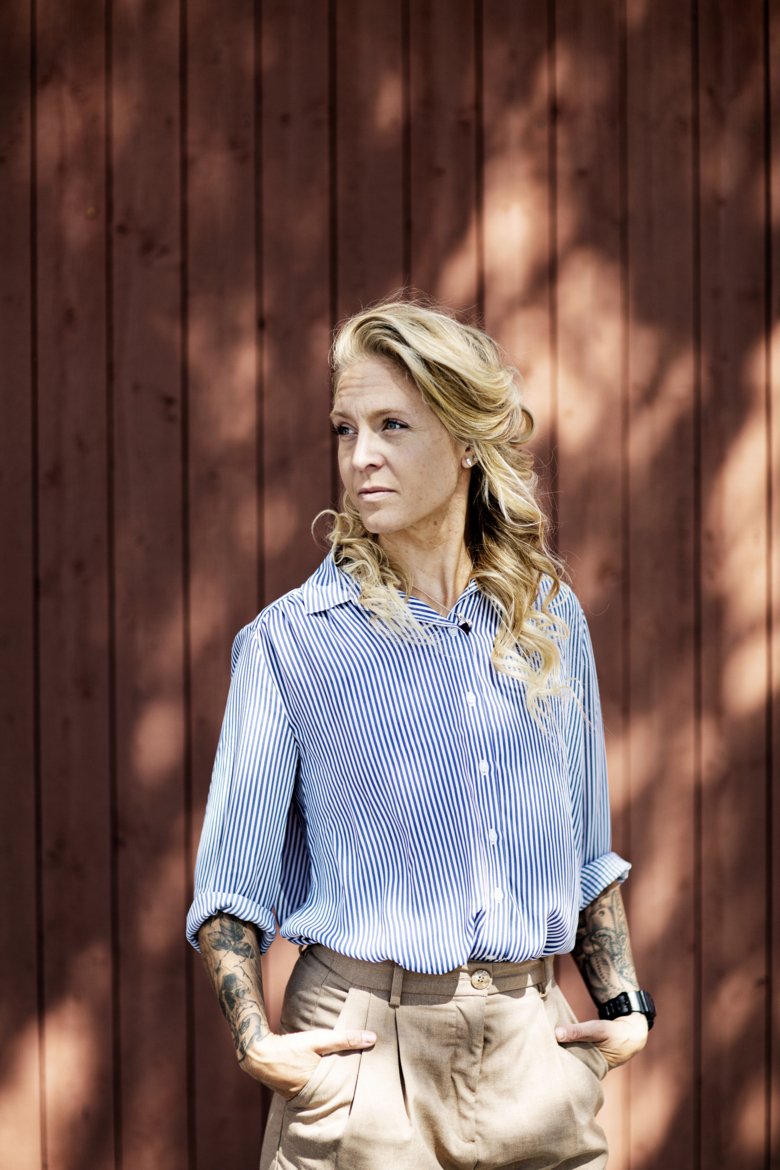“The most important thing is to have the courage to deal with the issue”
Name: Elin Mohlin
Experience of suicide: Teaching people to deal with suicidal individuals.
Occupation: National instructor at the Swedish Migration Agency’s Detention Training Unit.

As told to: Maja Lundbäck, first published in the magazine Medicinsk Vetenskap No 3/2020.
“We do see some mental illness in the Swedish Migration Agency’s detention centres. Those who have served a prison sentence and are awaiting deportation are used to being locked up and are generally better equipped to deal with their time in detention than those who have been found in the country without a residence permit or who have no identity documents. We still perform suicide screening on all new arrivals.
I train case officers and supervisors at Migration Agency detention centres. We try to ensure that we have two instructors when we teach courses in Emergency Care of a Suicidal Person (AOSP). It is often a taxing day, given that many of the course participants have their own experiences of mental illness.
We discuss how to identify behavioural changes in suicidal individuals, such as changes in appetite and circadian rhythm or that they stop using the internet or don’t want to go outside. Some become very keen to seek contact. Someone who has been very depressed and appears to be recovering may have decided to take their own life and found inner peace. We sometimes have language deficiencies and must therefore be good at reading body language and behaviour.
We also teach how to get people to talk about how they are feeling and provide various keys that can help people out of a given state of mind. Participants practice various scenarios with their backs to one another, one playing the suicidal [inmate] and the other the staff member. They need to avoid becoming robotic, they need to find a genuine interest in what the person might need or want to share; however, the most important thing is to have the courage to deal with the issue, to approach someone who looks like they are struggling and actually ask how they are feeling.”
Do you need someone who listens?
- Mind suicide hotline: Tel. +46 (0)8 90101 and chat room at all hours
- Children's hotline BRIS: Tel. +46 (0)8 116111 all days between 14 and 21 hrs
- In an emergency: Call 112 (in Sweden)
- More hotlines and support
